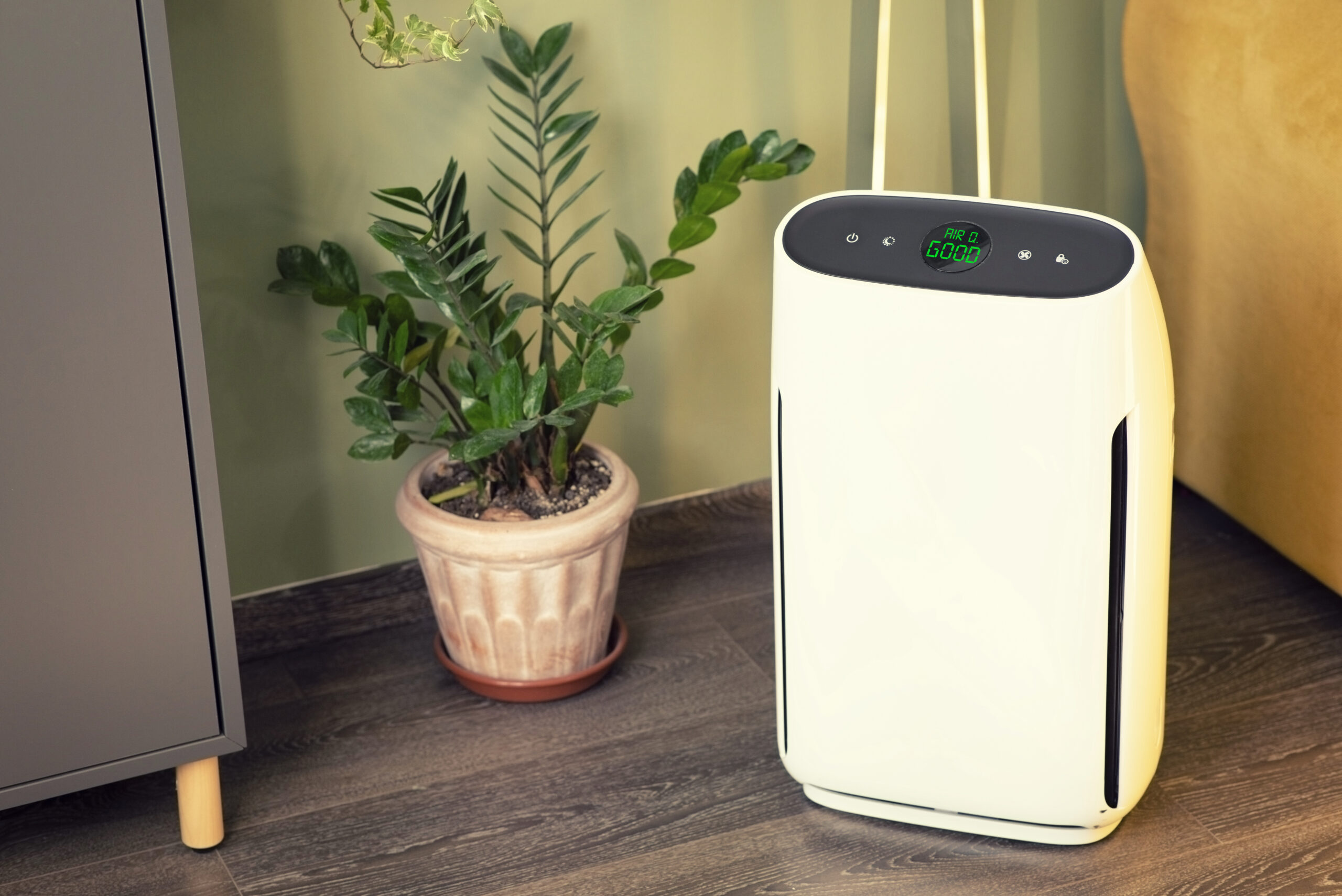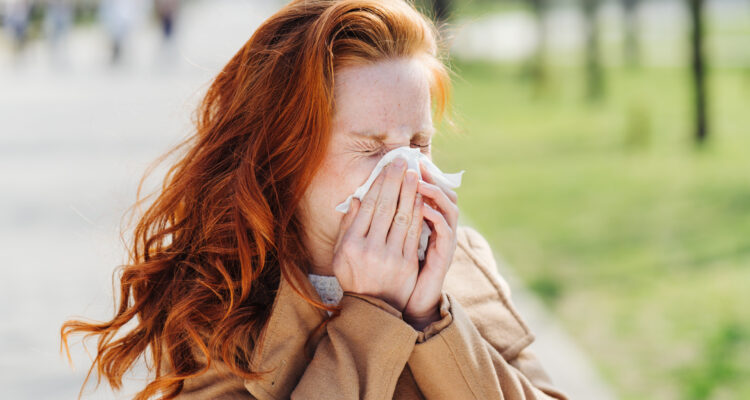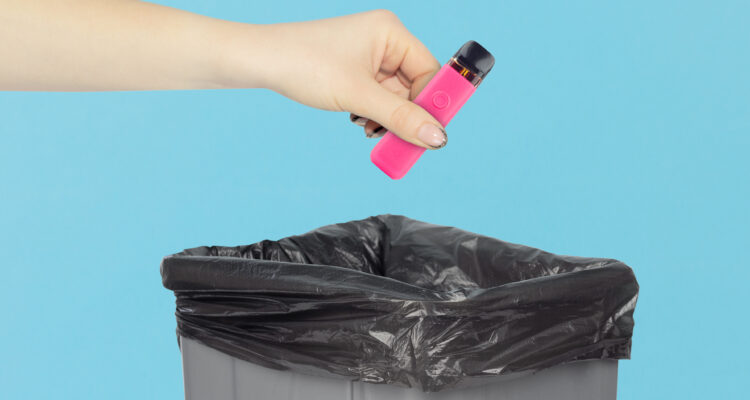With pollen levels on the rise, NHS searches for Hay Fever have almost tripled in the last month[1]. For those suffering from hay fever, looking for ways to relieve your symptoms can be frustrating. So, we thought we’d lend a helping hand. Firstly, let’s take a look at what causes hay fever symptoms.
What is hay fever?
Hay fever is an allergic reaction to pollen, usually when it gets in your mouth, nose, eyes, and throat. Pollen is a fine powder produced by plants, trees, and grass[2].
Hay fever happens when your immune system over responds to allergens in the environment. Allergens are usually harmless for people without hay fever. However, if you have hay fever, your immune system sees these allergens as threats and starts to attack them.
According to the Met Office, in the UK hay fever affects 25% of adults and 10% of children[3].
What are the symptoms of hay fever?
The typical symptoms of hay fever include:
- sneezing and coughing
- a runny or blocked nose
- itchy, red, or watery eyes
- itchy throat, mouth, nose, and ears
Hay fever in the UK is usually worst between late March and September and can have a huge impact on sufferers’ everyday life.
Why do some people get hay fever and others don’t?
The exact reasons why some people have hay fever while others don’t aren’t fully understood. However, several factors can contribute to the development of hay fever:
- Genetics: Allergies, including hay fever, tend to run in families. If your parents or siblings have hay fever or other allergies, you might have an increased risk of developing it.
- Environmental exposure: Exposure to allergens at a young age might increase the likelihood of developing hay fever later in life. For example, living in urban areas or environments with high pollen counts can contribute to you developing hay fever.
- Immune system problems: People with hay fever often have an immune system that is overly sensitive. The immune system’s response is exaggerated, triggering an allergic reaction when exposed to substances that are harmless to most people.
It’s important to note that hay fever is a chronic condition, and while it cannot be cured, its symptoms can often be managed with various treatments.
How can I help my hay fever?

- Monitor pollen levels and limit your outdoor activities on high pollen days. You can check what the pollen count is on the Met Office website.
- Keep your windows closed and use air conditioning with filters if you can.
- Hoover and dust your house regularly.
- Shower and change your clothes after being outdoors to avoid bringing more pollen into your house.
- Avoid freshly cut grass.
- Consider wearing a pollen mask. These can be anything from a simple fabric pandemic-style mask or something far more fancy with filters. Find out more about them here.
- Use saline nasal rinses or neti pots for nasal irrigation. These are devices that wash out your nose and get rid of the pollen irritating it.
- Stock up on over-the-counter antihistamines, nasal sprays, or eye drops. Ask your pharmacist for the best products for you.
- Go to your GP to see if there is anything they can do for you. Allergy vaccines (immunotherapy) may be an option if your symptoms are severe.
Note: Individual responses to allergies may vary, so it’s important to find what works best for you and seek professional guidance if needed.[5]



